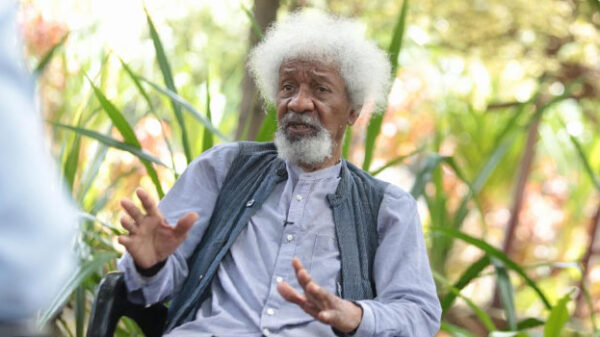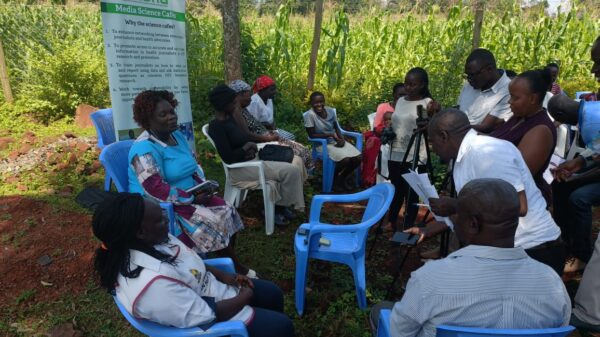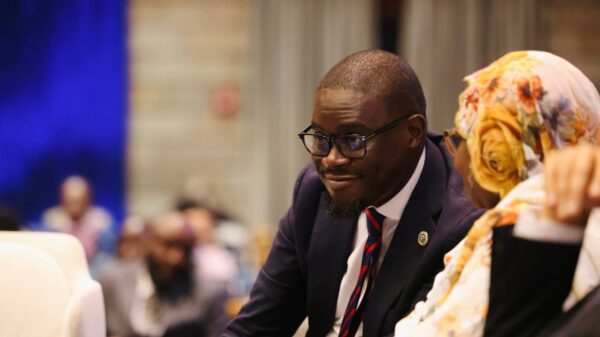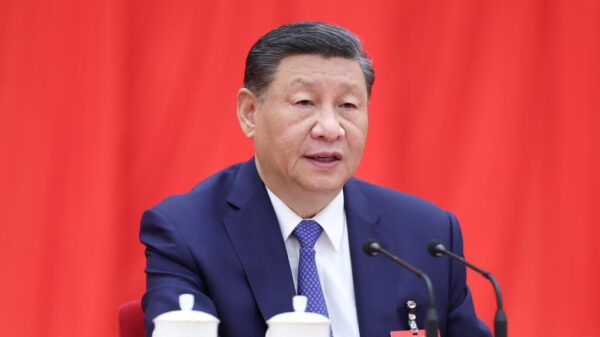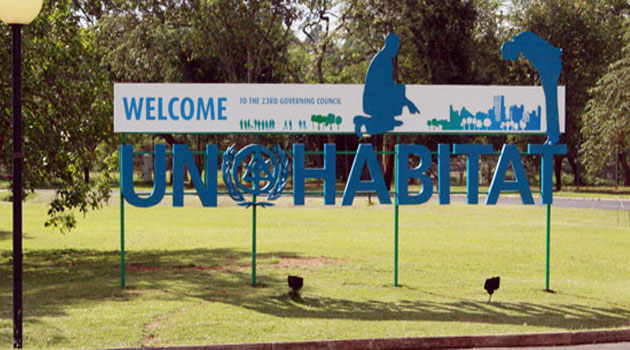
Executive Director Maimunah Sharif said the agency was committed to working closely with the business community in the implementation of UN-Habitat’s 2020-2025 Strategic Plan/FILE
NAIROBI, Kenya, May 26 – UN Habitat has challenged business leaders to create long-term partnerships geared towards the realization of sustainable urbanization in line with the 2016 Quito Declaration on sustainable cities and human settlements for all dubbed the New Urban Agenda.
In her opening remarks during a Business Leaders Dialogue at the UN Complex in Gigiri on Sunday, Executive Director Maimunah Sharif said the agency was committed to working closely with the business community in the implementation of UN-Habitat’s 2020-2025 Strategic Plan.
“The future of cities lies in the partnerships between the public and private sectors with civil society engagement. When there is good partnership with business, cities can progress more,” she said.
“A synergistic & inclusive approach is required. This is what the first UN Habitat Assembly aims to do by providing a platform for local authorities, private sector and others. No one should be left behind and no place should be forgotten,” Sharif emphasized.
The Business Leaders Dialogue forum sought to reach a consensus on the involvement of the private sector in sustainable urban development ahead of the First Session of the UN-Habitat Assembly set to kick off at the UN complex in Gigiri on Monday.
Over 3,000 participants are expected to grace the weeklong event among them four Heads of State and governments, 40 ministers, and high-level representatives from 116 nations.
President Uhuru Kenyatta is scheduled to make a statement at the opening session of the Assembly at 10am.
South Sudan’s Salva Kiir, and Prime Ministers Frank Bainimarama (Fiji) and Ahmed Obeid bin Daghr (Yemen) are expected to attend.
Among items listed on the Assembly’s first order of business are election of the President of the UN-Habitat Assembly, adoption of rules of procedure, adoption of the agenda, and election of other officials.
The 175-point Quito Declaration of 2016 laid out a raft of measures to address the projected increase in urban populations with studies showing the world’s urban population was set to double by 2050.
World leaders at the United Nations Conference on Housing and Sustainable Urban Development (Habitat III) undertook to progressively realize the right to adequate housing and improved living standards for all with emphasis on equal access to food security, and nutrition, health, education, infrastructure, mobility, and energy.
Leaders attending the 2016 conference had also committed to promote public participation on the creation and protection of inclusive and accessible green public spaces.
Other key delivery points are restoration and protection of eco systems, water, natural habitats, and investments in safe and accessible urban mobility systems with focus on resource-efficient transportation.
The UN Secretary-General is expected to report in the quadrennial report of 2026 the progress made towards the realization of commitments outlined under the Quito Declaration (2016).
The General Assembly is expected to review the need to convene another United Nations Conference on Housing and Sustainable Urban Development (Habitat VI) in 2036 to rally new commitments for the New Urban Agenda.

